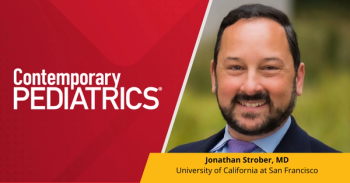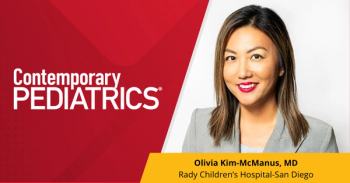
Dizziness and sleep problems occur after concussions in young kids
Dizziness and sleep problems occur after concussions in young kids
With sports and playground activities, concussions can be a fact of life for many children. For younger children with concussions, there may be certain symptoms to look out for, according to a recent
Investigators performed a single institution retrospective cohort study that used electronic health data for children aged 5 to 11 years that presented with a concussion in the time period of July 2014 to June 2015. The data were abstracted for a 20% random sampling of 292 patients.
They found that 74.3% of the children were given a standardized visiovestibular assessment when they presented for concussion care. Nearly all of the children who ultimately sought specialty care were given that assessment, but only 42.9% of the patients who were first seen in the emergency department or urgent care were given the assessment. Among the children who were assessed, 62.7% showed deficits and children aged 9 to 11 years more frequently showed deficits than younger patients. Almost every patient reported at least 1 somatic symptom such as headache or dizziness. Slightly over half said they had problems with sleep and 66.1% reported visiovestibular symptoms. Rehabilitation therapy referrals were given to 11.6% of the patients and 43.8% of the children required a letter recommending educational accommodations.
The researchers concluded that sleep problems, visiovestibular deficits, and somatic symptoms were common among children with concussion. As visiovestibular clinical assessments are often not performed in emergency settings, bringing standardized visiovestibular assessments into practice could improve outcomes.
Reference:
1. Master C, Curry A, Pfeiffer M et al. Characteristics of concussion in elementary school-aged children: implications for clinical management. J Pediatr. 2020. doi:10.1016/j.jpeds.2020.04.001
Newsletter
Access practical, evidence-based guidance to support better care for our youngest patients. Join our email list for the latest clinical updates.








